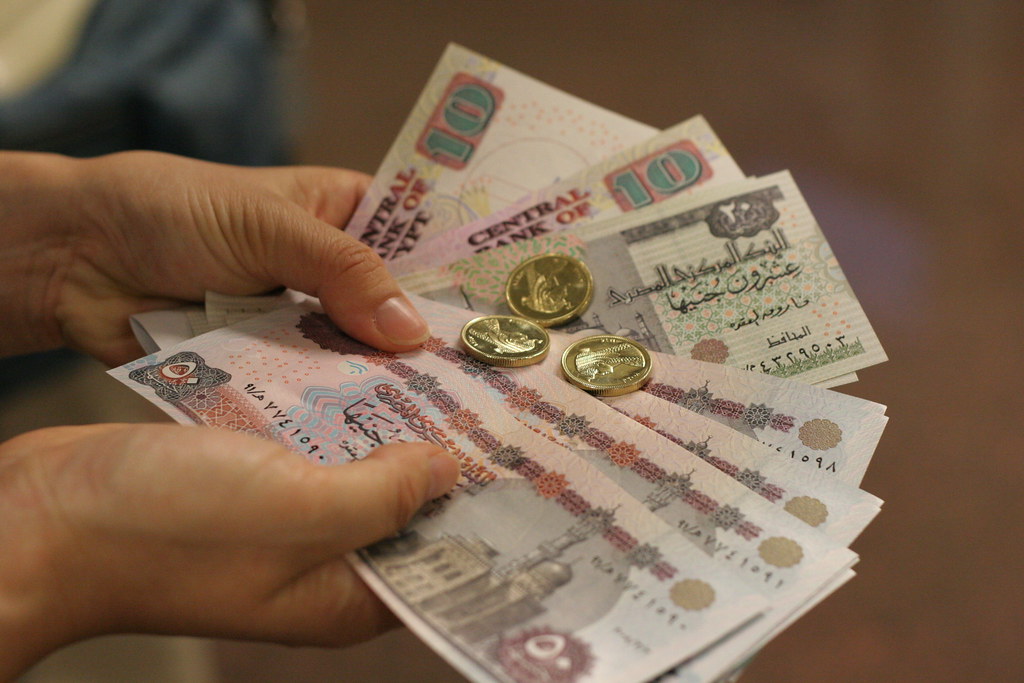Though not counted as a major oil producer, Egypt's Suez Canal represents a vital shipping path, with an estimated million oil barrels transported through the canal on a daily basis from Gulf states to Mediterranean countries.
Japan's NEKKIE lost more than one percent on Monday. Frankfurt, London and Paris followed, starting their week of transactions with losses.
Cairo's stock market, meanwhile, continued to suspend its activities through Monday prompted by sharp downturns in stock prices. Egypt's market lost 11 points on Thursday alone.
North Africa has turned into a hotbed for social unrests, said David Buik, an analyst at the London-based BGC Partners.
On his behalf, Robert Halver, from Baader Bank, compared Egypt to a raging volcano, arguing that the recent developments are ominous. Halver stressed that the catastrohpic aspect about the current crisis is the difficulty of perceiving its dimensions clearly. He added that many fear that the turmoil might expand to other Arab states, which would lead to a decrease in oil supplies.
LEONI, an automotive wiring systems company, had its stocks plunging by more than 5 percent. Stock traders attributed the downturn to the fact than LEONI owns production arms at both Egypt and Tunisia. A spokesperson for the company stressed that LEONI's production in Egypt has not been affected, noting that the situation in Tunisia will resotre stability.
The most vivid losses staritng this week have been among shares related to Western car manufacturers. Daimler recorded losses, standing sometimes at more than two percent with the company's shares becoming the weakest at Germany's DAX.
Share-holders are afraid that the unrest in Egypt might impact world markets, according to Jurgen Pieper, an analyst at Metzler Bank.
Representatives of other German business sectors voiced their concern. RWA, a German energy firm, which runs several oil and gas fields in Egypt, has set up a special unit to follow up the crisis.
A manpower of 4000 employees work for the company's branches in Egypt. Ninety of those were deported to Germany by the company, but the production continues, according to its spokesperson.
Oil prices, consequently, remained high on Monday. The price for a North Sea oil barrel approached USD100, an unprecedented rate over the last 28 months.
Though analysts have stressed that Egypt is not a vital oil producer, they also expressed their concern that the domestic unrest might expand to other states in Africa and the Middle East, both including pivotal oil producers.
Crude oil specialists at Comers Bank said Egypt represents “an important crossing for world oil trade. On the other hand, Halvers believes that, away from the recent developments at the Arab World, the stock market is providing signs for positive developments.
Some German firms representatives also pointed that the North Africa crisis is being utilized to make gains, and that shares prices will be amended over the next period after their recent surges.




